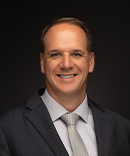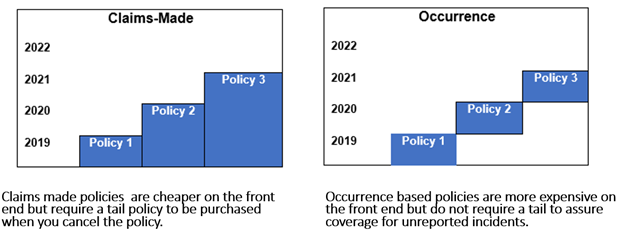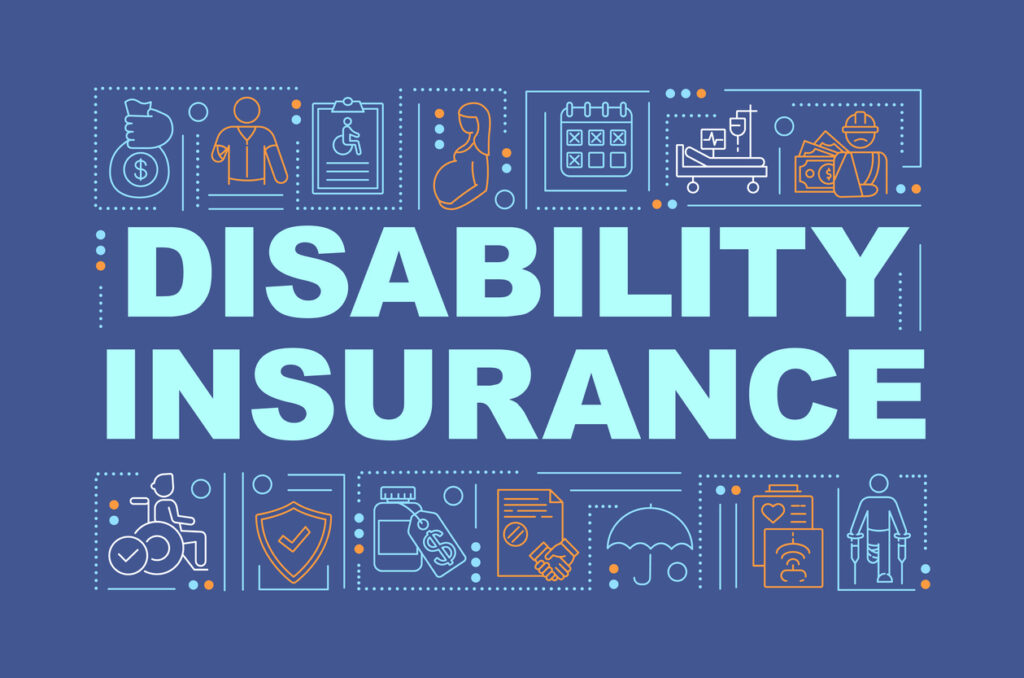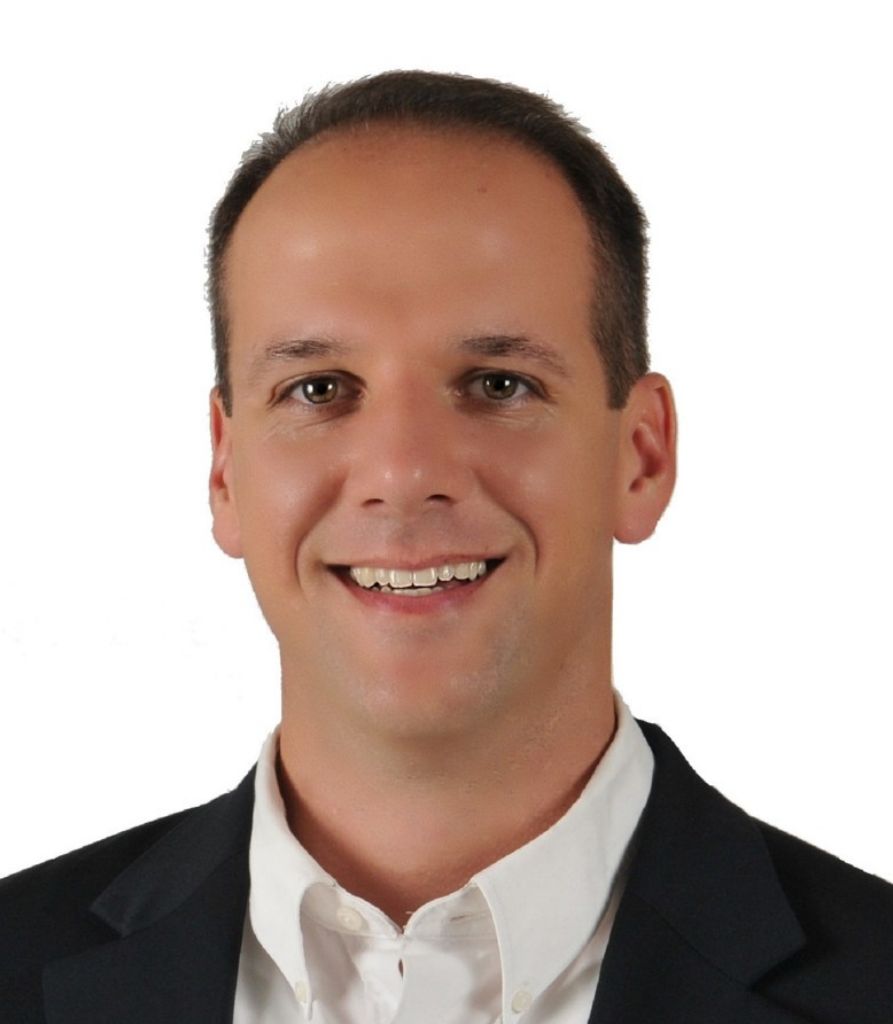By Mark Ziety, CFP®, AIF®, Financial Advisor, WisMed Financial

Planning your estate isn’t just about paperwork; it’s about giving your loved ones peace of mind. Here’s a breakdown of key documents in a Wisconsin estate plan:
- Last Will and Testament: This document directs how your assets are distributed and names guardians for minor children. It goes through probate court, so consider a trust to keep your affairs private and for faster distribution.
- Revocable Living Trust: A trust offers flexibility and privacy, allowing assets to avoid probate and pass smoothly to beneficiaries. It can also include legal protections for your assets. While you’ll still need a will, it can simply state that assets transfer to the trust.
- Powers of Attorney: Grant someone you trust the authority to make decisions on your behalf. There are separate powers of attorney for finances and health care. Consider a “springing” power of attorney that takes effect only when you’re incapacitated.
- Advance Directive (Living Will): This document outlines your preferences for medical care if you can’t communicate them. It guides your health care providers and loved ones, especially regarding end-of-life decisions.
- Beneficiary Designations and Titling: Assets like life insurance and retirement accounts typically go directly to designated beneficiaries, bypassing your will or trust. Ensure your beneficiaries are up to date and follow the language your attorney provides such as naming your trust as beneficiary rather than a person. Your attorney may also recommend changing the title of some assets to your trust.
- Guardianship Designations: Choose a guardian for your minor children in your will. Discuss this responsibility with them beforehand to ensure they’re willing and able.
- Community Property Agreement (if married): Wisconsin law treats certain marital assets as “community property.” This agreement clarifies which assets fall under this category and allows for potential tax benefits and easier transfers to trust.
- Letter of Instruction (Optional): While not legally binding, this letter provides guidance to your executor or trustee regarding your wishes, funeral arrangements, and other important details. Including a list of assets and liabilities can further streamline the process.
Remember: Estate planning, like taxes, retirement savings, investments, and insurance, is one of the important components in a proper financial plan. Find additional estate planning resources here.
For personalized help eliminating debt, investing smart and securing retirement, please contact Mark Ziety, CFP®, AIF® 608.442.3750.
Mark Ziety, CFP®, AIF®
WisMed Financial, Inc. part of the Wisconsin Medical Society
Note: This article is for informational purposes only and should not be considered as financial or tax advice. Please consult with a qualified financial advisor or tax professional before making any financial decisions. Full disclosures.









